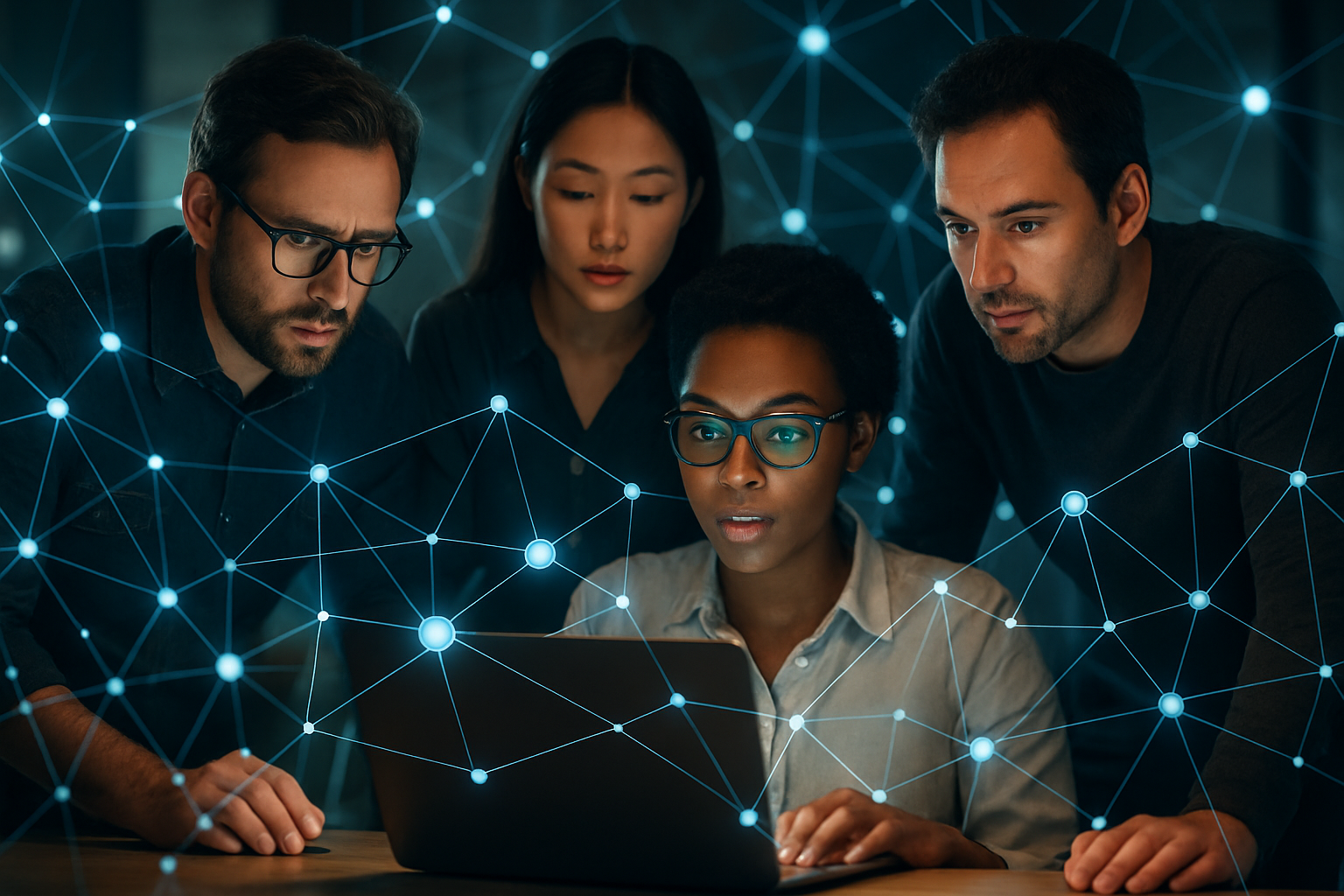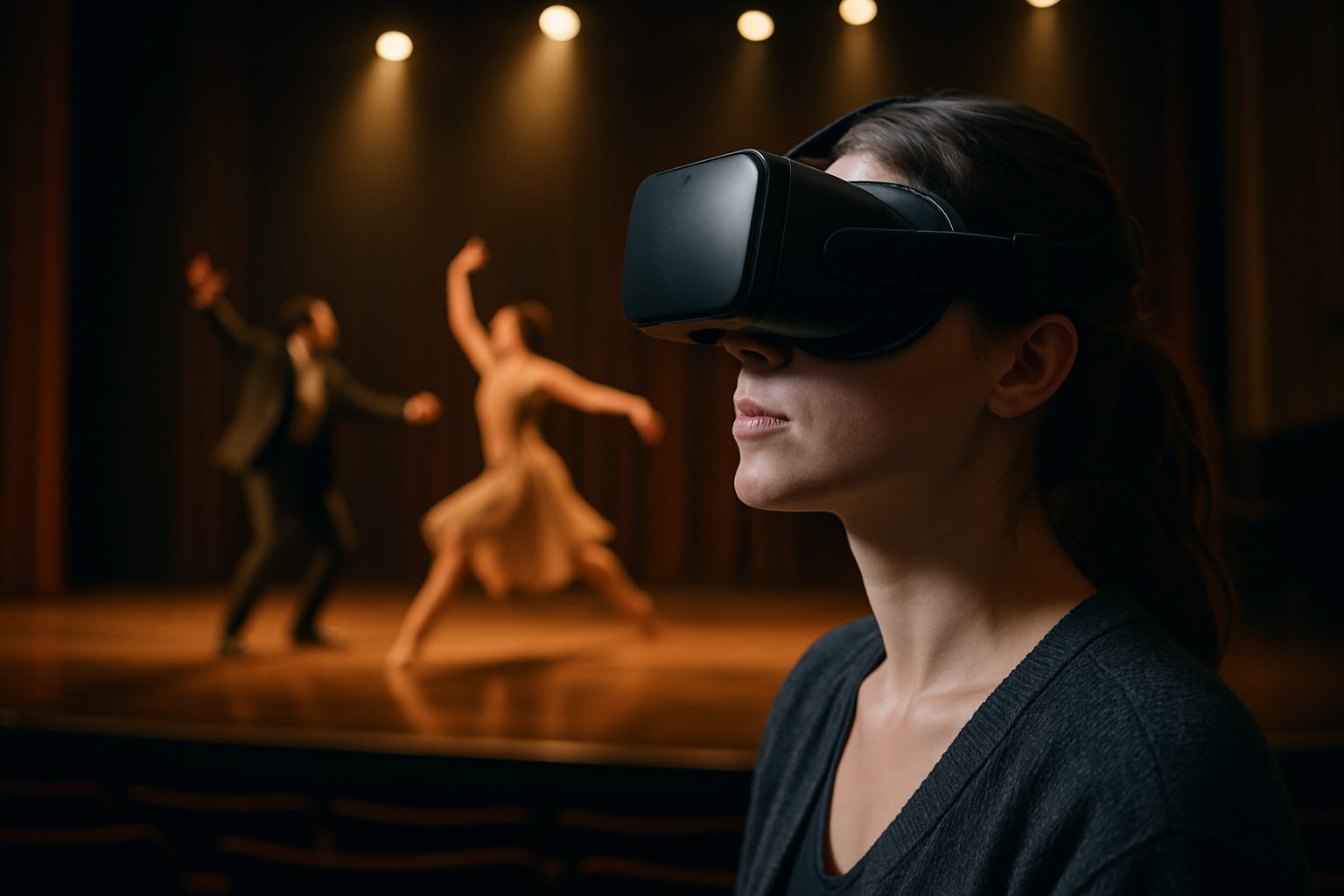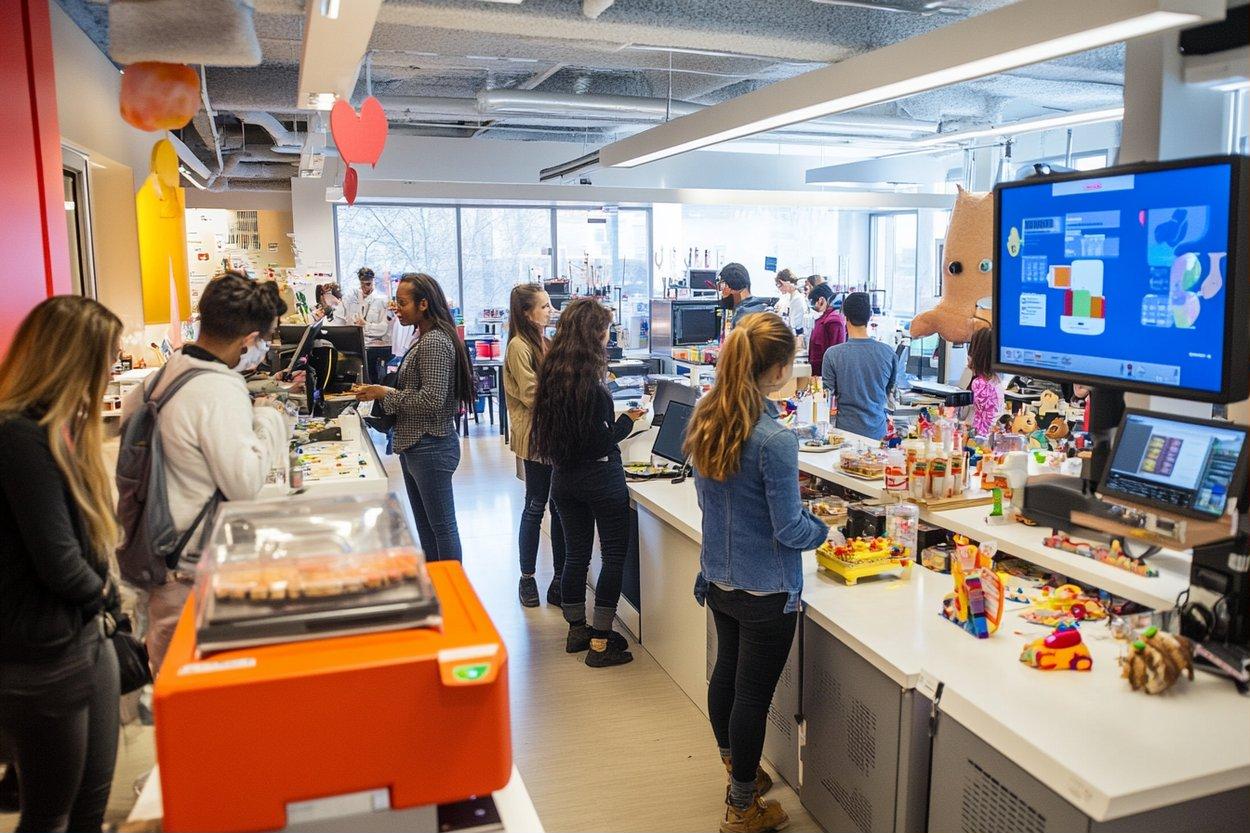Collective Intelligence: Redefining Problem-Solving in the Digital Age
The fusion of human intellect and technology is reshaping how we approach complex challenges. Collective intelligence, a phenomenon where shared knowledge surpasses individual capabilities, is emerging as a powerful force in our interconnected world. This collaborative approach to problem-solving is transforming industries, revolutionizing decision-making processes, and offering new avenues for innovation. Read below to explore how collective intelligence is redefining societal progress and shaping our future.

The Evolution of Collective Thinking
The concept of collective intelligence is not new, but its application has transformed dramatically in recent years. Historically, collective decision-making was limited to small groups or confined within organizational boundaries. However, the digital revolution has shattered these limitations, enabling global collaboration on an unprecedented scale. Social media platforms, online forums, and collaborative tools have created virtual spaces where diverse minds can converge, share ideas, and co-create solutions.
This shift has led to the emergence of what sociologists term the global brain - a metaphor for the interconnected network of human knowledge and cognition facilitated by technology. As this global brain grows more sophisticated, we’re witnessing a fundamental change in how society approaches problem-solving and innovation.
Crowdsourcing: The Power of the Masses
One of the most visible manifestations of collective intelligence is crowdsourcing. This approach leverages the diverse skills, experiences, and perspectives of large groups to tackle complex challenges. Platforms like Innocentive and Kaggle have demonstrated the effectiveness of this method, enabling organizations to tap into global talent pools for solutions to intricate problems.
The impact of crowdsourcing extends beyond the corporate world. In the realm of scientific research, citizen science projects are revolutionizing data collection and analysis. Initiatives like Foldit, where gamers help solve protein folding puzzles, showcase how collective efforts can accelerate scientific discoveries. These projects not only produce valuable results but also democratize the scientific process, fostering a sense of global engagement in research endeavors.
Artificial Intelligence and Human Collaboration
The synergy between artificial intelligence (AI) and human collective intelligence is opening new frontiers in problem-solving. AI systems, capable of processing vast amounts of data and identifying patterns beyond human perception, are increasingly being integrated into collective intelligence frameworks. This human-AI collaboration is particularly potent in fields like healthcare, where machine learning algorithms can analyze global health data to predict disease outbreaks or suggest personalized treatment plans.
However, this integration raises important sociological questions about the future of work and human expertise. As AI becomes more sophisticated, the role of human intuition and creativity in collective intelligence processes is evolving. Sociologists and ethicists are grappling with how to maintain a balance that leverages AI’s capabilities while preserving the irreplaceable value of human insight and empathy.
The Challenges of Collective Intelligence
While the potential of collective intelligence is vast, it’s not without its challenges. One significant concern is the echo chamber effect, where like-minded individuals reinforce each other’s beliefs, potentially leading to groupthink and stifling diverse perspectives. Additionally, issues of data privacy, intellectual property rights, and the digital divide pose significant hurdles to the equitable implementation of collective intelligence systems.
Another challenge lies in effectively channeling and organizing collective efforts. Without proper structures and incentives, collective intelligence initiatives can become chaotic and unproductive. Developing frameworks that can harness diverse contributions while maintaining focus and efficiency is a key area of ongoing research and experimentation.
Future Implications and Societal Impact
As collective intelligence continues to evolve, its impact on society is likely to be profound. In education, we may see a shift towards more collaborative, problem-based learning models that prepare students for a world where collective problem-solving is the norm. In governance, there’s potential for more participatory decision-making processes, where citizens actively contribute to policy formulation and implementation.
The workplace is another arena poised for transformation. Traditional hierarchical structures may give way to more fluid, network-based organizations that can rapidly assemble diverse teams to tackle specific challenges. This shift could lead to more dynamic career paths and a redefinition of expertise in the age of collective knowledge.
Looking ahead, the integration of collective intelligence into our societal fabric promises to accelerate innovation, enhance decision-making, and foster a more collaborative global community. As we navigate this new landscape, it’s crucial to approach collective intelligence with both optimism and critical thinking, ensuring that we harness its potential while addressing its challenges thoughtfully and ethically.






